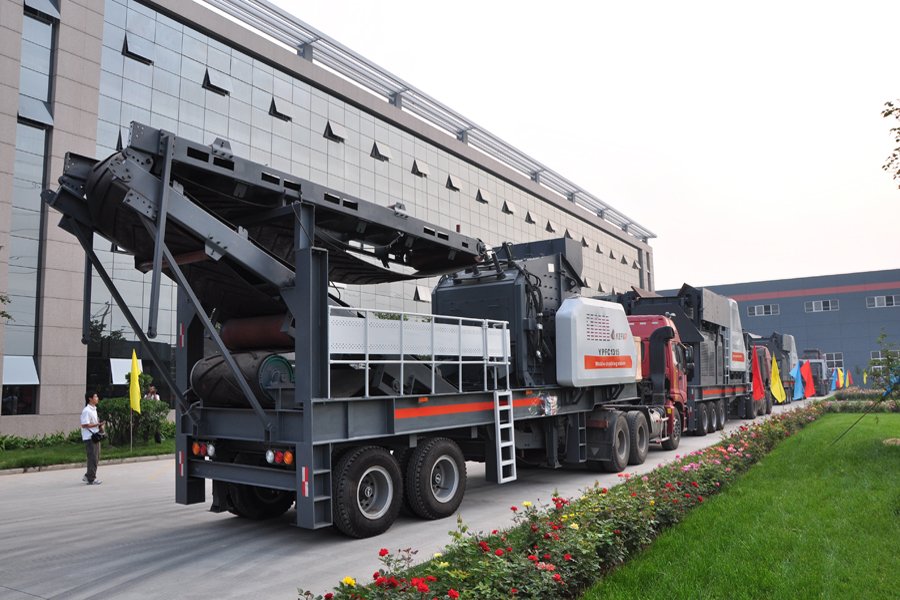The stone crushing industry in Uttarakhand is a significant sector contributing to the state’s economy but has also been a source of environmental and legal controversies. Here’s an overview:
.jpg) Key Aspects of the Stone Crushing Industry in Uttarakhand
Key Aspects of the Stone Crushing Industry in Uttarakhand
1. Economic Importance
– Provides raw materials for construction, road building, and infrastructure projects.
– Generates employment, especially in rural areas.
– Supports allied industries like transportation and mining.
2. Environmental Concerns
– Deforestation & Land Degradation: Many stone crushers operate near riverbeds and forest areas, leading to ecological damage.
– Air & Noise Pollution: Dust emissions and noise from crushing units affect local communities and wildlife.
– Impact on Water Sources: Illegal mining near rivers (e.g., Ganga, Yamuna) disrupts water flow and aquatic ecosystems.
3. Legal & Regulatory Issues
– The National Green Tribunal (NGT) has imposed restrictions on illegal mining and stone crushing near riverbanks.
– In 2018, the Uttarakhand High Court ordered the closure of illegal stone crushers operating without environmental clearances.
– The state government has introduced stricter regulations to curb unauthorized mining.
4. Major Stone Crushing Hubs
– Dehradun, Haridwar, Udham Singh Nagar, Nainital, and Pauri Garhwal are key districts with stone crushers.
– Many units are located along the foothills of the Himalayas due to easy access to stones.
5. Challenges Faced by the Industry
– Compliance with environmental norms increases operational costs.
– Frequent legal battles due to violations of mining laws.
– Opposition from local communities over health and ecological impacts.
Recent Developments (2023-24)
– The state government is promoting sustainable mining practices under the Uttarakhand Mineral Policy.
– Crackdowns on illegal crushers continue, with fines and closures for violators.
– Some industries e shifting to safer zones away from eco-sensitive areas like riverbanks.
e shifting to safer zones away from eco-sensitive areas like riverbanks.
Conclusion
While the stone crushing industry supports Uttarakhand’s economy, it faces strict scrutiny due to environmental concerns. Sustainable practices and stricter enforcement of laws are crucial for balancing economic benefits with ecological protection.
Would you like details on specific policies or recent court rulings affecting this sector?




